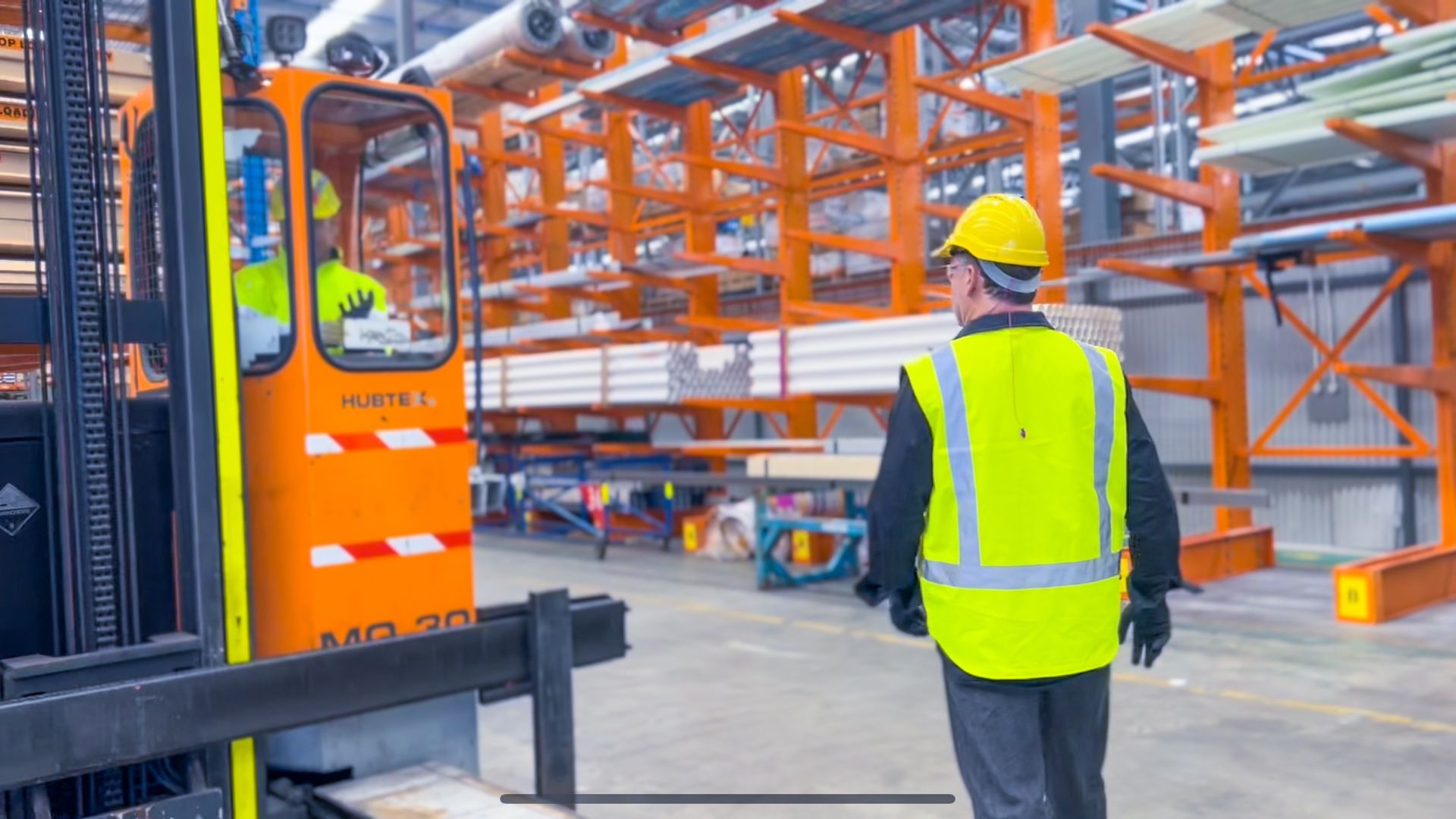5 Emerging Recruitment Trends for 2025
Recruiting in 2025 is poised for significant change, driven by technology, shifting workforce dynamics, and economic conditions.
Forecasts for the overall Australian job market in 2025 indicate solid growth during the year, and after a long period of decline, employment in the Manufacturing sector is expected to increase. According to Jobs and Skills Australia, employment is projected to grow by about 6.5% over the next five years, while unemployment is forecast to stabilise at around 4%.
With shifting workforce demographics, technological change, and a persistent tight market for skilled employees, businesses will need to adapt their strategies to attract, retain, and develop talent effectively in 2025.
1. Workforce Demographics
The generational shift, with more Gen Z workers entering the workforce and older workers retiring, will bring about changes in expectations and work styles.
Generation Z, encompassing individuals born between 1995 and 2009, is progressively becoming a significant segment of Australia's workforce. As of 2021, Gen Z accounted for approximately 15% of the national workforce. According to leading demography research firm McCrindle Research, by 2030, Gen Z will represent about one-third of the Australian workforce.
Gen Z is tech savvy with 80% seeking careers where cutting-edge technology is part of the role. But despite the appetite for all things tech, Gen Z desires human interaction. In fact, 71% feel a weekly check-in is important, so managers and recruiters will have to align their processes accordingly. Recruitment automation and mobile-optimised application tools are important, but so too are the human, in-person interactions.
2. Reality Check for AI
Now that the fanfare of AI has settled, the recruitment industry and hiring managers are understanding that it takes a human recruiter to make a meaningful connection with a candidate. And it takes a meaningful connection to truly assess the dynamic mix of skills, experiences, values, and unique attributes each candidate offers.
There’s no doubt that AI in recruitment will continue to advance and assist recruiters with the overall process of sourcing, hiring and onboarding. AI will transform the routine administrative tasks recruiters perform which will lead to faster and better recruiting outcomes.
But what we will see in 2025 is a balance between increasing efficiency gains from AI and professional recruitment expertise. Recruiters and employers will augment their recruiting model with a greater emphasis on human-led recruitment interactions and decisions.
As leading industry commentator and trainer, Greg Savage, says, “Recruitment is a marriage of Art and Science. You need to have both!”
3. The Evolution of Employee Engagement
Many organisations invest considerable resources in planning and implementing employee engagement programs to connect employees to the organisation. Despite these significant and well-intentioned efforts, employee engagement remains as elusive today as it was 24 years ago.
According to Gallup, global engagement levels have remained stagnant at around 23% since 2000. So, how can organisations shift the employee engagement dial and focus on what employees truly care about?
In 2025, expect to see less formality and administrative mechanisms, and more informal connection to identify real employee needs. Traditional methods such as engagement surveys, performance reviews, and 1:1 meetings will continue their decline in driving meaningful engagement.
The emerging engagement drivers in 2025 will include weaving in feedback and performance in real time communications, empowering employees to shape decision making, and building trust with employees. Supervisors and other line management who are at the front line of engagement will be provided more autonomy and support to fulfill this development.
4. Skills Based Recruiting
The contest for skilled/qualified employees remains hot, especially in sectors such as construction, manufacturing, mining and transport.
The increase in technical roles, especially in industrial sectors, combined with demographic changes will perpetuate the shortage of qualified, experienced people. This is not just a problem for Australia, the skills shortage is a global phenomenon. The recent Global Labour Market Conference Report (page 78) found that “60% of employers reported that they opted to retrain or upskill their workers” .
Competition for talent and the cost of employing skilled people will persist in the long term and it’s necessitating alternative strategies.
Many are cultivating the critical skills they need in-house. Gen Z are particularly enthused and motivated by career development and upskilling, with 63% looking for advancement. There’s an opportunity here to address some of the in-demand skills through upskilling and targeted development programs.
Businesses are also re-thinking their selection criteria and more commonly omitting the formal qualification or experience as a prerequisite. Rather, they are looking at the underlying skillset required for the job and what a candidate needs to succeed.
In 2010, High Performance Recruitment Coach, Ross Clennett, posed what might be a modern-day question to the skills shortage: “Are high achievers born or made?” The simple answer is yes, they can be made. But in the context of developing skills in-house, there are some essential prerequisites: the employee or person you hire needs the right attitude, motivation and drive to want to learn and develop. The answers provide a transferable and contemporary blueprint for what we should see emerging in 2025.
5. Transformation of Recruiters into Business Leaders
As the employment market becomes more dynamic, recruiters and HR teams will need to develop and apply a more holistic and strategic approach to addressing recruitment, retention and employment requirements. Australian recruitment agency operators and recruiters will gradually be superseded (or upskilled) to a more sophisticated and valuable version - the multi-skilled and strategically thinking Recruitment Advisor.
This emerging and growing breed of recruiters have a combination of technical recruiting expertise, advanced interpersonal skills, and can think and execute strategically. They provide insight, have an intimate knowledge of the employment market, have influencing and engagement skills, and take the time to truly understand the job, the organisation, its management and culture.
In 2025, recruiting agencies and recruiters will be expected to develop a deeper perspective of business operations. So much like a business partner, they should offer valuable insights, advice and provide the right solutions that help meet business performance objectives and goals.
Conclusion
Recruitment in 2025 will demand a strategic blend of technology, human connection, and innovative approaches to meet workforce expectations. Organisations should embrace generational shifts, leverage AI for efficiency, and prioritise skills development to stay competitive.
As recruiters evolve into strategic business advisors, their role will be pivotal in aligning talent strategies with organisational goals, ensuring long-term success in a rapidly changing employment landscape.
Join Our Mailing List
Interested in receiving more content similar to this straight to your inbox each month? Sign up to our mailing list below!











